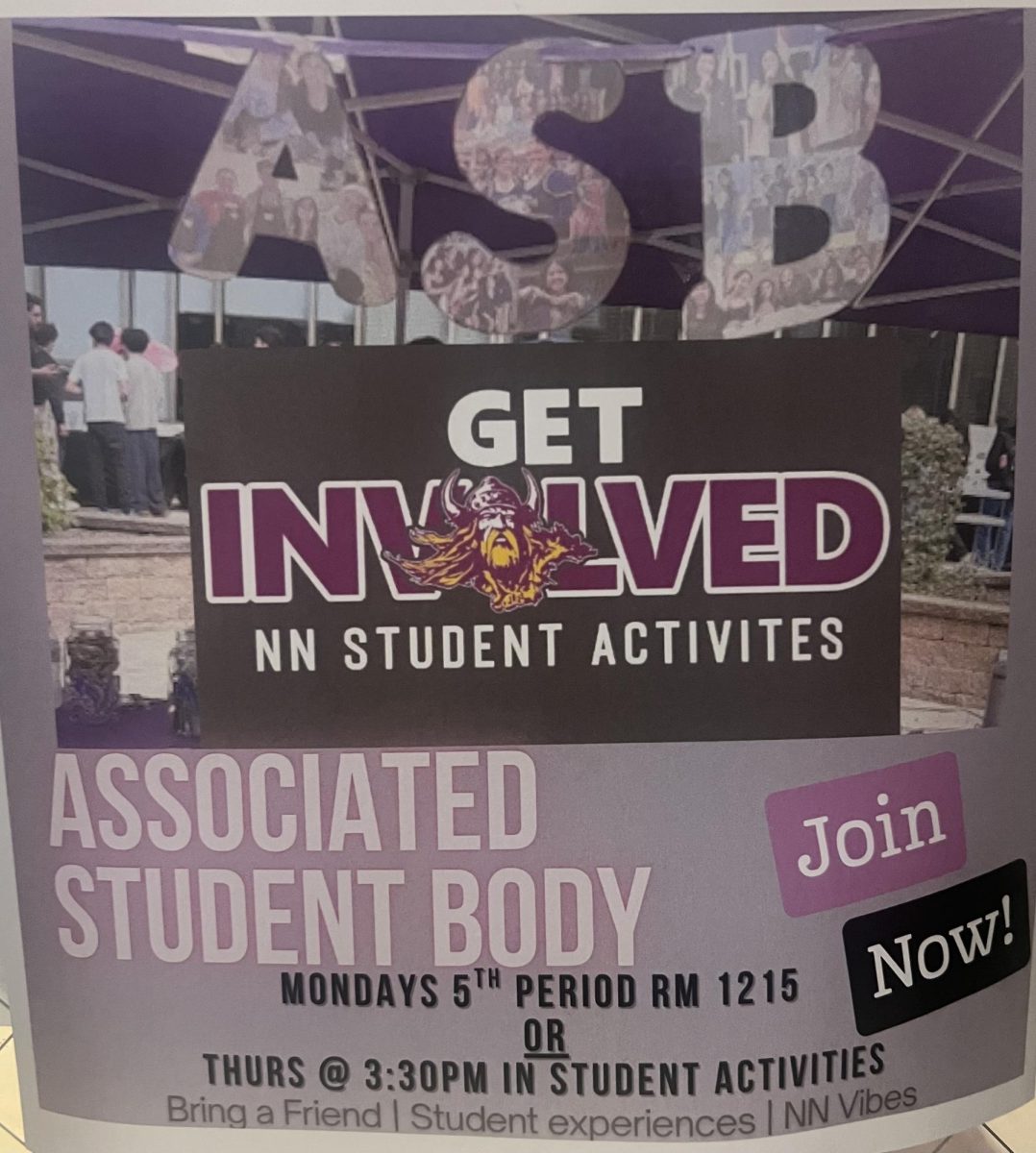Unsure of how to study for finals? Well, the first step is to know your final exam schedule, which you can find by clicking here and typing in your ID number.
Finals officially begin on Wednesday of next week, but your preparation should begin now.
While the majority of your studying should take place before finals, brief review before each final can help spark your mind to recall material you have already studied. With your final exam schedule in mind, plan ahead and map out when you will study, and hold yourself to it.
“Study a lot before [finals], spread out your study time, don’t cram it all in one day,” junior Nicole Petrusic says.
Cramming, studying large amounts of material in a short time span before your test, will hurt you more than help you. All the information you review will be stored in your short-term memory and is more easily forgotten during your test than if you give the material time to settle and cement in your mind.

Cramming can also give you unneeded anxiety before your final. If you begin studying now, you can gather worksheets, past quizzes, and notes to create a comprehensive portfolio of the semester’s units and topics to help you study. If you wait and do not create a game plan for studying, you may find yourself wondering how to even study and frantically reviewing material from a dozen sources, questioning if you are covering all the topics you need to be prepared.
“I’m afraid I might be missing valuable pieces of semester work to study off of that might be featured on a test,” junior Isabelle Zubeck says.
Truthfully, you do not need every single piece of paper from the semester to study. However, I would still suggest unearthing as many papers from the semester as you can find even though classes may give you packets or study guides. Study guides gloss over topics and are still great resources, but they do not specifically address your weaknesses during the semester.

As you look through pieces of paper from the semester, set aside all notes you can find as well as past quizzes and homework assignments where you made mistakes and learned from them. If you made mistakes and no longer remember why they were wrong, either ask your teacher in class or send an email.
Also, it is crucial to know the topics that the final exam will cover, so that you are aware if you are missing notes or can discard notes. If you do not know the topics that will be addressed, ask your teacher and be sure to write the topics down as a reference. Set aside homework pages that cover ideas that are not referenced in the notes you have.
In terms of studying, pain is not gain. Work at a steady pace towards finals. Once you finishing creating a portfolio of study materials either today or tomorrow, begin reviewing it and making connections between different units or connecting the material to ideas outside of your class. Connections will help solidify the information. If you are ever unsure of the validity of your connections, bounce your ideas of off your teacher to see if your understanding is founded.
This process may sound extensive, but compiling the most useful pages from the semester will serve you well, especially for finals that need a miracle to save a borderline grade.
For many students, their biggest concern is getting time to study while keeping up with extracurriculars, family obligations, and classes that are still teaching new material and assigning homework. Waiting to study until the weekend before finals or even the day before each final is tempting, and your salvation lies within a smart phone or any device that can be carried around easily to take pictures.
Create a photo album for each exam to store pictures of notes, homework, and anything noteworthy that your teacher writes on the board. Whenever you have a few minutes to spare or simply do not have your school bag on you, zoom in and review the material captured in each picture.
When you have more time on your hands to study, take released tests for AP classes, do practice problems for math or science classes, complete some homework assignments you never did, watch educational videos from Khan Academy or John Green.
“I try to meditate and quiet my thoughts, so I can focus on studying,” senior Kevin Ferrer says.
For some students, studying within a set block of distraction-free time works better for them than studying for 15 minutes and then abruptly moving on to another task.
“Put your phone in another room; otherwise, you’re not going to study,” sophomore Chris Geans says.

While a phone can be used as a study tool, it can also be a great distraction. If you are more likely to be distracted by it than aided, remove it and don’t risk valuable study time by attempting to study with it nearby.
Ultimately, know yourself and don’t be afraid to experiment with study techniques. There isn’t one way to study, but hopefully, these tips will still be helpful as you discover the tricks that work the best for you.













